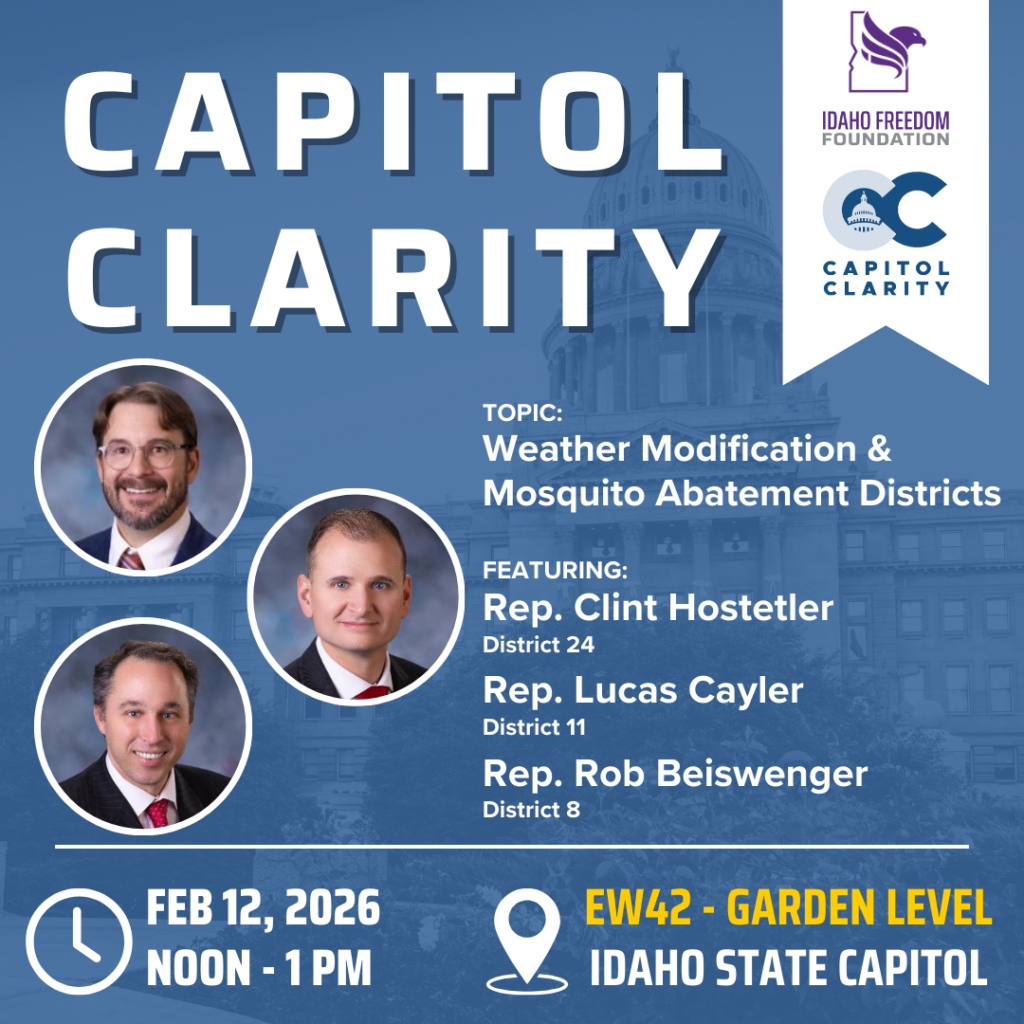


On Thursday, Idaho Falls attorney Bryan Smith urged Idaho Supreme Court justices to uphold the state constitution and void Gov. Butch Otter’s untimely veto of the grocery tax repeal.
His argument was one of the best I’ve seen in a very long time, and it was simple and sincere: The state constitution says the governor has 10 days from the Idaho Legislature’s adjournment to consider whether to sign or veto a bill. As much as the governor and the court might want the constitution to say something else, rewriting the law of the land is a process reserved to Idahoans at the ballot box, not to five Supreme Court justices. And, Smith reasoned, the fact that the court wrongly amended the constitution from the bench almost four decades ago shouldn’t allow that bad ruling to stand today.
In 1978, the court ruled 3-2 that the constitution intended to give the governor more time to consider a bill than the constitution’s stated 10-day rule. The court’s decision back then was based on a contrivance that has never occurred except in the imaginations of the then-court justices. Under that court’s fictional scenario, the Legislature has adjourned for the year and, for whatever reason, intentionally delays sending the governor a bill that has passed the Legislature. He ends up receiving the measure so late that he has perhaps only hours to contemplate whether to allow it to become law or to veto it. Such an incident has never occurred, and today’s legislative rules are designed to keep it from ever happening.
Nonetheless, the state Supreme Court justices of that era decided, just in case, that they needed to engage in constitutional improvisation by adding to the document their words and their meaning, very likely to appease then-Gov. Cecil Andrus, whose veto was under scrutiny at that time. The justices’ fantasy has formed the operational basis of a governor’s post-legislative veto timetable ever since: Though the constitution clearly says the governor has precisely 10 days from adjournment to veto a bill, every governor since Andrus has operated under the misguided notion that the 10 days begins when a bill lands on the governor’s desk, even though the constitution says nothing of the kind. Indeed it says something entirely different.
Asked if legislative mischief could occur without the 1978 ruling applied, Smith conceded that it could, but such mischief would be dealt with swiftly and harshly by the electorate.
The current court may decide that Smith is correct, but there is worry that the five justices will apply his logic to future legislative sessions only. Smith told the court that such reasoning would undermine the public’s belief in our system of government. He also cautioned that failure to uphold the plain wording of the constitution would send a chilling message to the legislators who filed the suit in keeping with their oaths to uphold the constitution.
"Don't think there wasn't a political risk for these 30 lawmakers to file this petition," Smith told the justices. "If we do not reward pioneers who defend the constitution, then unfortunately there will be a discouragement to bring cases such as this to this court.”
Smith gave a memorable and earnest defense of the state constitution, not as an attorney doing a job for his client legislators, but as a resident of the state. It was he who realized in April that the governor’s veto was improper and that the constitution wasn’t being followed. He took on this case pro bono, and is earning no money from his effort.
If Smith’s arguments are successful, all of us will benefit from a law that repeals the tax on groceries and a state government that actually follows its constitution. For that, and for Smith’s genuine statesmanship and leadership on this issue, we’re grateful.



